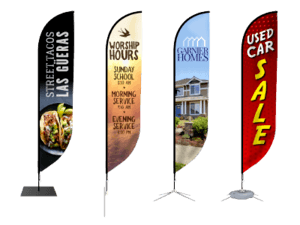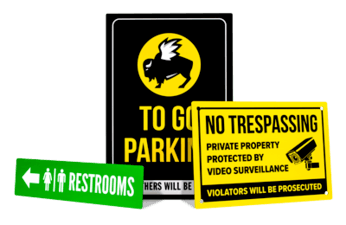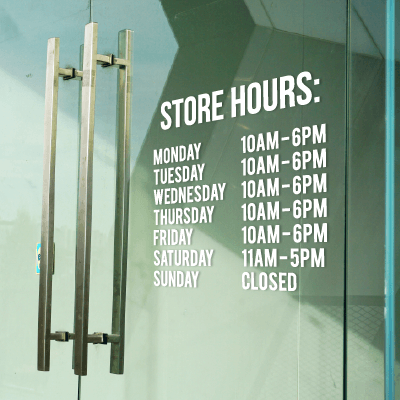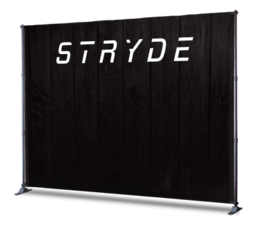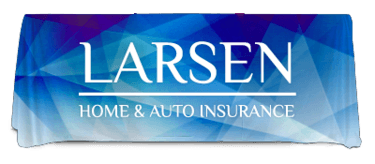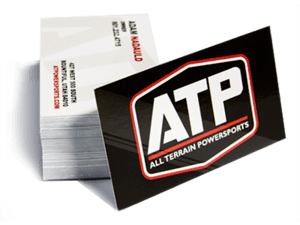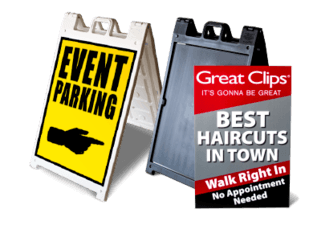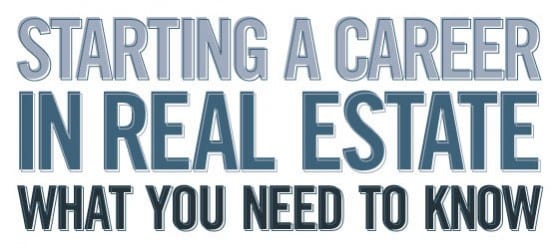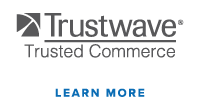A career in real estate can be both rewarding and challenging. Some people earn six-figure salaries, others, just a few thousand per year. While it can be a great career: challenging, flexible and exciting, it’s not for everyone. Here’s what you need to know before you get started in real estate.
Working for Yourself
As a real estate agent, you’re essentially working for yourself. Though there may be a few jobs available that pay an hourly rate, a typical real estate agent works strictly on commissions generated from the sale or rental of a residential or commercial property. Just as you would before starting any business, you should make sure you have the right character traits to work for yourself before becoming a real estate agent. You should be:
- Ambitious
- Organized
- Dedicated
- Persevering
- Friendly
- Goal-oriented
A career in real estate means that you’ll set your own schedule, but you’ll need to be organized and ambitious enough to actually work at your business every day. Organization skills are important because you’ll be dealing with contract deadlines, client appointments and follow-ups with other professionals in the field. I asked Rhonda Taylor, a Realtor with Blakemore Real Estate, in Salt Lake City, Utah, for some advice about getting started in the business. She told me:
 “It’s so great because you are your own boss. You get to dictate everything about your work day: You get to wake up when you want, work when you want, work with who you want. The down side to that is you have to be really diligent and hold yourself accountable because it can be easy to not work when you don’t have a boss looking over your shoulder. It’s basically owning your own business. You’re not going to make money if you don’t work.”
“It’s so great because you are your own boss. You get to dictate everything about your work day: You get to wake up when you want, work when you want, work with who you want. The down side to that is you have to be really diligent and hold yourself accountable because it can be easy to not work when you don’t have a boss looking over your shoulder. It’s basically owning your own business. You’re not going to make money if you don’t work.”
Most real estate agents don’t make huge commissions during their first year. It takes time to build a client base and get accustomed to how the business works. If you go in thinking that it’s something you’ll try out for a few months, then give up if you aren’t earning lots of money, real estate might not be for you. Before you get started as a real estate agent, you should ideally have 6 months to 1 year’s worth of living expenses in the bank, which provides a cushion while you build your business.
You’ll need to like working closely with people, because real estate sales is all about helping people buy or sell their homes, so you’ll be in frequent contact with clients every day. When asked about working with people, Rhonda said:
“You need to be comfortable dealing with people. You need to have a customer service mindset and be ready to help them when they need you. Whether you’re helping a young couple find their first home, or representing a family who is selling their home and relocating, you have to be confident, knowledgeable and above all, absolutely willing to go the extra mile for people.”
Finding a Broker
As a new agent, you’ll work under a real estate broker. Brokers have typically been in the business for several years and have additional training, knowledge and a separate license. They are required to carry insurance that protects buying and selling clients, as well as real estate agents. Brokers oversee agents and review purchase contracts for errors. If you make an error during a transaction and the case goes to court, your broker’s insurance covers legal fees and settlement costs. In short, the broker is ultimately the responsible party in a transaction. In return for carrying this responsibility, your broker will take a portion of your sales commissions and may charge you other fees.
Finding the right broker is important for career success. The right broker for you might vary, depending on your previous knowledge, need for mentoring and financial expectations. Some brokers are very hands-on and provide formal training during your first year or so in the business. Others simply provide insurance and a recognizable brand, but don’t expect to spend much time with you.
It’s a good idea to visit several brokers before you get started in your real estate career. By looking at what each has to offer, you can make the right decision for you.
The “Split”
The broker carries the responsibility for every transaction, and spends money on insurance. He also provides office space, branding and often marketing. Large national brokerages, such as Coldwell Banker or Century 21, advertise on television, radio and in print ads. Each local brokerage must pay franchise fees to cover that marketing. Smaller, local brokerages might not advertise nationally, but they work hard to build a recognizable brand and often advertise in local publications, on local billboards and by participating in local events. The broker must cover his costs, so he takes a portion of each commission that a real estate agent earns. This is called a “split.”
When you first start out in the business, your portion of the split will be low. You may start out with a 70/30 split, or even as low as 60/40 (you get the larger of the two amounts). Of course, your broker will be much more hands-on in the beginning, providing additional training, mentoring and advice.
As you become more experienced and successful, your split goes up. Most brokers have a system set up where, as you reach a certain dollar amount of sales, you go into the next level. Standard splits for successful agents are around 80/20 and can be as high as 90/10.
How Much Money Can You Make?
Most real estate agents are paid completely on commission. In residential real estate transactions, the home seller typically pays around 6% of the sales price to the agent(s) who handle the sale (Commission rates vary slightly, but 6% is common). The two agents split the commission, then that amount is split with the broker. Here’s an example:
Joe lists Sally’s house for $100,000. Mike brings his clients to see the home and his clients decide to purchase it. After the transaction closes, Joe receives $3,000 and so does Mike. Both Joe and Mike work on an 80/20 split with their brokers. So, each receive a commission check for $2400. They’ll be responsible for paying income taxes on that amount.
The amount of money you’ll make depends on two factors:
1) The housing market, including the availability of homes for sale and the availability of home loans for prospective buyers.
2) Your ambition. The more you work, the more money you’ll make.
Rhonda Taylor talked to me about the ability to earn a great salary in real estate:
“There are so many possibilities. Your income isn’t limited. It depends on how hard you want to work and what you want to put into it. How many jobs exist where you can earn a six-figure income without a college degree? That doesn’t mean that you don’t need an education, though. You’ll have to put in lots of time learning about the business, about the real estate market and about techniques like marketing and networking. It’s an education… just not on a college campus!”
What You Need to Get Started
Entering into a real estate career is relatively inexpensive, compared to other businesses. Here’s what you’ll need to start:
Real Estate License: Though requirements vary from state-to-state, all require licensing. Check with your local Board of Realtors or your state’s Department of Real Estate to find out what you need to do to obtain a license. Typically, you’ll be required to attend training classes. Then you’ll take a state exam. Once you’ve passed, you’ll pay a fee and receive a license. Most states also require continuing education and license renewal.
MLS Access: The MLS (Multiple Listing Service), is a comprehensive online tool that allows agents to find properties for buying clients, and list properties for selling clients. The MLS charges a monthly fee for access.
Board of Realtor Dues: If you choose to join the Board of Realtors, you’ll pay annual dues. Though it’s not mandatory that you join, most real estate professionals do. Visit the National Association of Realtors site for more information on the benefits of becoming a Realtor®.
Computer: Ideally, a laptop that you can take with you to the office and to client meetings.
Smart Phone: You’ll be on the phone a lot as a real estate agent, taking calls from clients, getting updates from appraisers, home inspectors and loan officers, and setting appointments with potential new clients. Get a model with GPS so that you can easily find addresses when taking buyer clients to look at homes. You’ll also be able to stay in contact via email and text, and can look up properties in the MLS (Multiple Listing Service).
Car: While you don’t need a fancy car, it should be in reasonable working condition. Keep it clean and clutter-free; you’ll drive clients around occasionally.
Business Cards: While many people don’t use these any more, they’re still a staple for real estate agents.
Signage: You’ll need signs to advertise homes for sale, open houses and other events. Design your own signs using your broker’s logo (in most states this is required). Check with your state’s Real Estate Division for other things to include on your sign that may be required by law.
Invest in a mix of signage: directional signs to help people find your listings, vinyl banners for larger-format advertising and car magnets to alert people that you are a real estate agent. Some signs can be designed to work for every property (such as directional signage). Others should be designed specifically for one listing (list the features, price and address of a home, for instance).
Clothing: Dressing professionally is important in the real estate business. Invest in some nice suits, quality shoes and accessories so that you’ll look nice and feel confident.
Get Started!
If you think that a career in real estate is a good fit for you, get started! Are you in the real estate business? What advice would you give to people who are interested in this career? Tell us here.
Special thanks to Rhonda Taylor for her insights on getting started in a career in real estate. Rhonda can be reached at: 801-750-5295.

